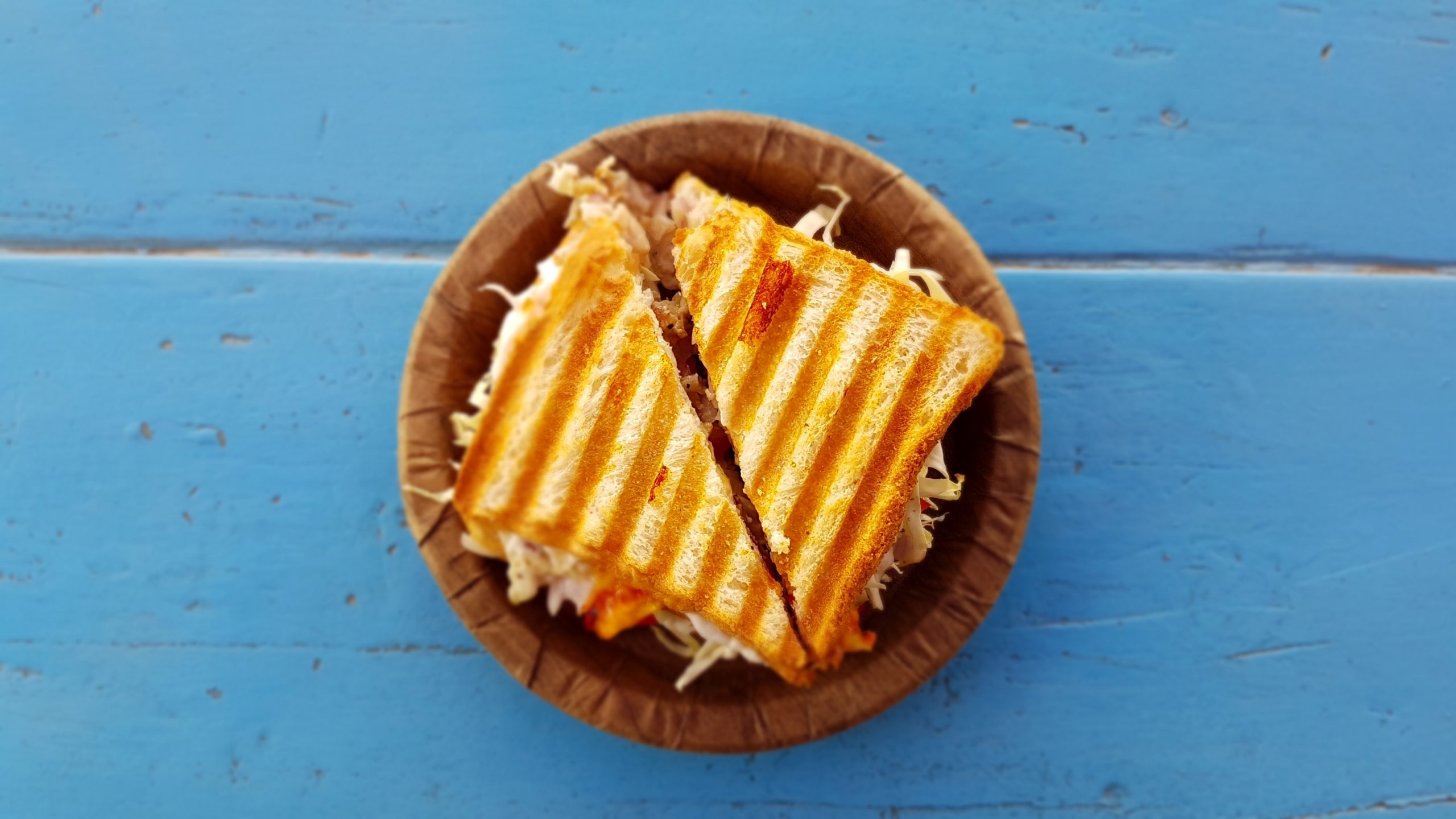An eating occasion typically influences food choices of an individual. This will also affect the level of satiety after eating. In addition to that, it is the delineation of different eating occasions that will also affect the data collection that will help you to know about the eating patterns as well as their interpretation.
Irrespective of all these difficulties, it is important to know all these if you are really into knowing the deeper meaning of ‘snacks’ which most people think to be any type of food that they eat just to meet with their hunger pangs. The research community, however, will collect these facts and data in order to determine the eating pattern of an individual accurately.
The static definition
However, in spite of all these efforts by the research community and how they collect and interpret the eating patterns of an individual, there is no static definition of the term ‘snack.’ There are several publications that come up with the definitional variation of snacks that leads to the difficulty of distinguishing it from the ‘meals.’
The definitions of “snack” in the literature are based on different factors such as:
- The time of day of the eating occasion
- The type of food consumed
- The amount of food consumed and
- The location of food consumption.
Few definitions are even based on the combination of several of these factors. Moreover, there are also a few studies that are based on the eating occasions of the participants sometimes with and sometimes without controlled and defined labels.

However, the results and definitions still varied as these were categorized according to the eating occasions. There were categorized either as meals or snacks but there were a few other definitions that pointed at specific meals such as:
- Breakfast
- Brunch
- Lunch,
- Dinner
- Small meal
- Main meal and others.
There were even some studies that differentiated between snacks and meal on the basis of the day when it was taken such as morning, afternoon, or evening.
- Food intake is another factor that results in the difference in the definition of snacks in some other studies. According to these studies, the research teams classified eating occasions as per the reports of the food intake by the participants.
- Some studies in this matter used cross-sectional data from multiple studies and even reclassified the eating as per the participant’s definition and their eating occasions.
In some other studies in order to reclassify the research teams typically collapsed two different eating occasions such as breakfast and brunch into one single occasion. They even combined all different eating occasions that took place within 15 to 30 minutes of each other, into one specific eating occasion.
On the other hand, there are a few other studies that did not specify how the food intake data were separated from each specific eating occasions.
Designated parameters of the definition
Defining eating occasions need designated parameters because without these it will result in a variety of snacking data and definition. Though this phenomenon is yet to be studied extensively, there are a few specific surveys conducted to assess the interindividual variations in the definition of “snacks.”
When undergraduate students were asked about snacks, they associated it with specific cues such as:
- Eating alone
- Short eating periods of about 10 minutes
- Disposable utensils
- Lower food quality
- Poor nutritional value and most importantly
- Standing while eating.
However, in general, most people perceive snacks to be small portions of food that is inexpensive, preferably packaged and nutrient-poor.
On the other hand, when the college students were asked to define “snacks” they referred to it as a specific set of foods that are taken at a specific time of day and at a specific location of consumption. They said that these are the factors that help them to differentiate between meals and snacks.
View of the general people
However, in general, people have different views about snacks, snacking, and snack foods. This is because they consider all other related factors to define it such as:
- The food
- The location
- The company and
- The time of the day.
General public comes up with an open mind but never can come up with any definition of significant value. Their definitions often reflected a conceptually and consistent difference in usage based on the factors mentioned above.
- They felt that “snack food” should be taken later in the day, preferably after 6 in the evening and
- A “snack” should be taken early in the day.
With so much variations in definition of the root word ‘snack,’ most of the researchers are hesitant about defining any of these terms and suggested that the term should be excluded from their research questionnaires, This will help them in extrapolating the results more accurately when a greater audience with age, culture and ethnic diversity is considered.
The semantics of eating occasions
The semantics of eating occasions may seem trivial but it surely affects the food selection by the individuals. According to the report of a study conducted by NHANES, it was found that the individuals who skipped a meal but ate several snacks typically had a less healthful nutrient intake overall as compared to those who took at least three meals, with or without having any snacks in between them.
The diet quality in such cases was assessed depending on the macro and micronutrient intake that included:
- Cholesterol
- Folic acid
- Vitamins B-6 and C
- Calcium
- Iron
- Magnesium
- Potassium
- Sodium and
- Fiber
On the other hand, people who took all three meals as well as had snacks typically had the highest intakes of all micronutrients. However, it excluded specific nutrients such as:
- Cholesterol
- Vitamin B6 and
- Sodium.
Alternately, people who skipped breakfast but ate two snacks usually had the lowest intake of all micronutrients excepting sodium.
Wrapping it up
Irrespective of the difference between the definition and semantics of snacks and eating occasions, several studies reveal that people who classify eating occasions as meals seem to have or order for home delivery snacks that are more nutrient-dense to maintain their daily caloric intake.

